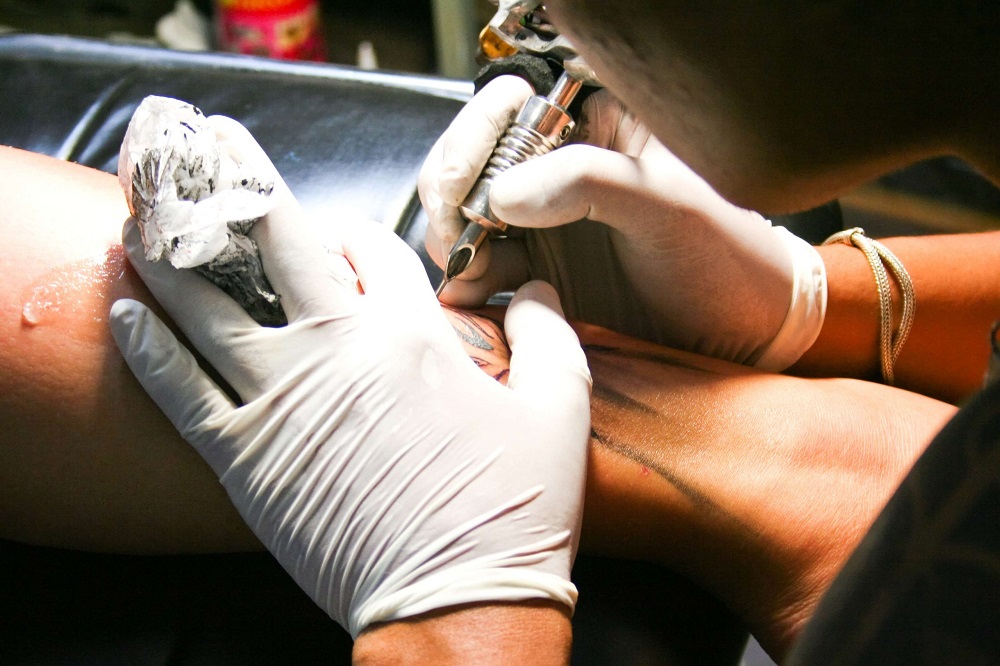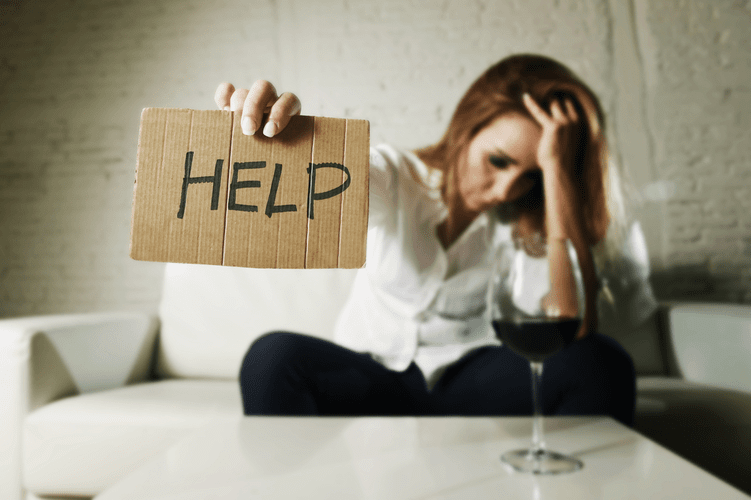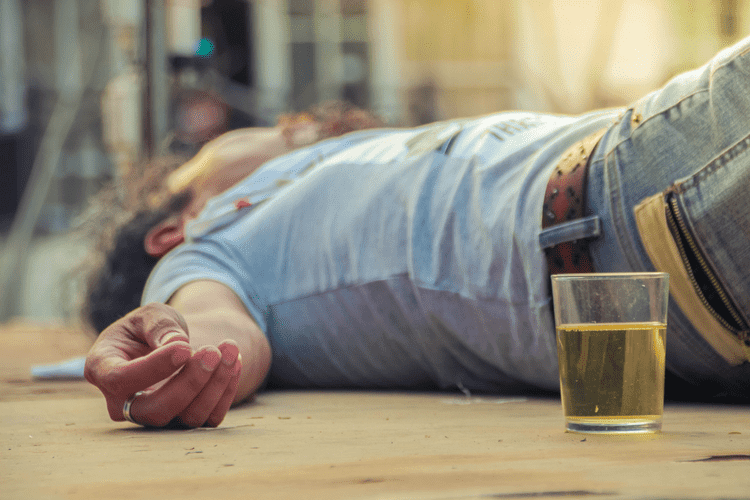When physical relapse happens, people in recovery from liver damage risk a recurrence of alcohol-related liver disease. The chronic nature of alcoholism means that it typically worsens over time without intervention and can lead to significant impairment in daily functioning and quality of life. Alcoholism, more formally known as Alcohol Use Disorder (AUD), is a medical condition characterized by an impaired ability to stop or control alcohol use despite adverse social, occupational, or health consequences. It encompasses a spectrum of behaviors ranging from binge drinking to physical dependence on alcohol.
Warning Signs of Relapse You Need To Watch Out For

Many alumni programs, such as those offered by American Addiction Centers (AAC), host peer gatherings and can connect you with addiction aftercare services. While they may seem like two simple and very similar words, there is a significant difference between being sober and being in recovery. In short, being sober simply means not using alcohol or other substances but not necessarily recovered in other ways. Shannon Weir, RN is the Chief Nursing Officer at Gallus Medical Detox Centers. She has been a Registered Nurse for 30 years, Shannon’s experience ranges from critical care to flight nursing, medical detox, sexual assault exams, and SWAT nursing. Shannon has been with Gallus Medical Detox Centers since 2010 https://knitgid.ru/fr/strashnyi-sud—chto-budet-s-greshnikami-posle-strashnogo-suda/ and is a vital part of our organization.

Dangers of Relapse
Immediately after a relapse, you should contact your support network to assemble a game plan. If you do not have a network of supportive people, you should try to find one; fortunately, you have options. You may use AA, SMART Recovery, or other support groups to help you in this process. Alternatively, you may start to look into more formal treatment.
What Are the Legal Consequences of Alcohol Abuse?
Our facilities across the U.S. offer a full continuum of care, custom treatment plans, and comprehensive discharge plans to aid in the success of your recovery. Instead of viewing your slip as a step backward, think of it as a progression on your road to recovery. Many people lapse or relapse, and if you think of each attempt at sobriety as a means of getting closer to your end goal — a lesson in your cumulative recovery learning, so to speak — this setback won’t be in vain.

- Meetings are plentiful and typically free, and participation is confidential.
- While receiving treatment, healthcare providers will want to monitor you continuously to make sure you don’t develop life-threatening complications.
- Your relationships may become even more strained, as some friends and family members who considered you to be “fun” while you were drinking now perceive you unpleasantly.
- In recovery, you will understand what led you to consume alcohol in the first place and work to rectify maladaptive behaviors.
If you find yourself craving alcohol, never allow yourself to decide in the moment. Include the names https://gabrielblastedglass.com/this-is-the-reason-why-flu-drugs-always-make-you-sleepy.html of everyone on your medical and support teams and how to contact them.
Navigating Social Situations Without Alcohol
- Working with a therapist can be helpful during a period of mental relapse.
- I had thought I’d want to spend evenings there imbibing with a Super Tuscan wine, but now I’m not so sure.
- While there is no cure for alcoholism, recovery from the disease is possible.
According to NIH, 14.5 million people in the past year have suffered from an alcohol use disorder. They go on to estimate that 80% of these drinkers run the risk of experiencing withdrawal symptoms after they quit drinking. Finally, more basic research is needed to clearly evaluate whether abstinence that follows chronic alcohol consumption completely or partially restores the full integrity of the affected organs. To date, the results appear promising that cessation of alcohol consumption indeed allows partial or full recovery, depending on the parameter being measured.
Minimum effort, maximum reward: 6 simple, science-backed changes that will transform your health
- I drink raspberry shrub cocktails when I vacation with my girlfriends and go out for ice cream with my husband on the weekends.
- Many types of addiction treatment programs are available, including long-term residential treatment, short-term residential treatment, outpatient treatment programs, individualized counseling, group therapy and 12-step programs.
- Abstinence is a powerful recovery strategy because it eliminates the risk of relapse, allowing individuals to stay focused on their recovery journey.
- Achieving and maintaining sobriety is a complex and deeply personal journey that varies from one individual to another.
- Death caused by alcohol poisoning, motor vehicle or other accidents, violence, suicide, and alcohol-related diseases make alcohol abuse the third most preventable cause of death in the United States.
Going to AA can sometimes feel like the only path to recovery — but it isn’t. A reader asks about different ways of thinking about substance use treatment that have developed since AA was founded in 1935. http://www.furniterra.ru/news/mebelnews/a2389/ People’s relationship to alcohol changes at different stages in life. When you stop consuming alcohol after prolonged, heavy use, your CNS can’t respond or regulate itself fast enough.
- If you’d caught me during my “Quitting Era,” you would’ve found me armed to the teeth with self-help books, making grand plans about how I was going to manifest my way to sobriety.
- Contemplation can be an uncomfortable process, and feelings of guilt, shame, hopelessness and desperation are common as people reach this crossroads in their addiction journey.
- A relapse (“lapse,” “slip,” “setback”) is one of the most frustrating, humiliating experiences you can face in recovery from any problem habit.
- Often, the initial image of relapse you may imagine is when a person either in short– or long-term recovery starts drinking again.
By addressing these challenges head-on, those committed to sobriety can enjoy the many benefits of a sober life, such as improved physical and mental health, better relationships, and increased self-confidence. Social situations can be challenging for those in recovery, with the pressure to drink often present in various settings. However, it’s possible to enjoy social events without consuming alcohol and maintain sobriety. By finding alternative activities to do, engaging in meaningful conversations, and focusing on the present moment, individuals can create fulfilling experiences without the need for alcohol. It feels jarring to admit, but during the first five to 10 years of my sexually active life, I’m pretty sure I only had sober sex a small handful of times. It’s how a lot of my friends approached sex in their teens and early 20s—unless they were in relationships.
0 коментара